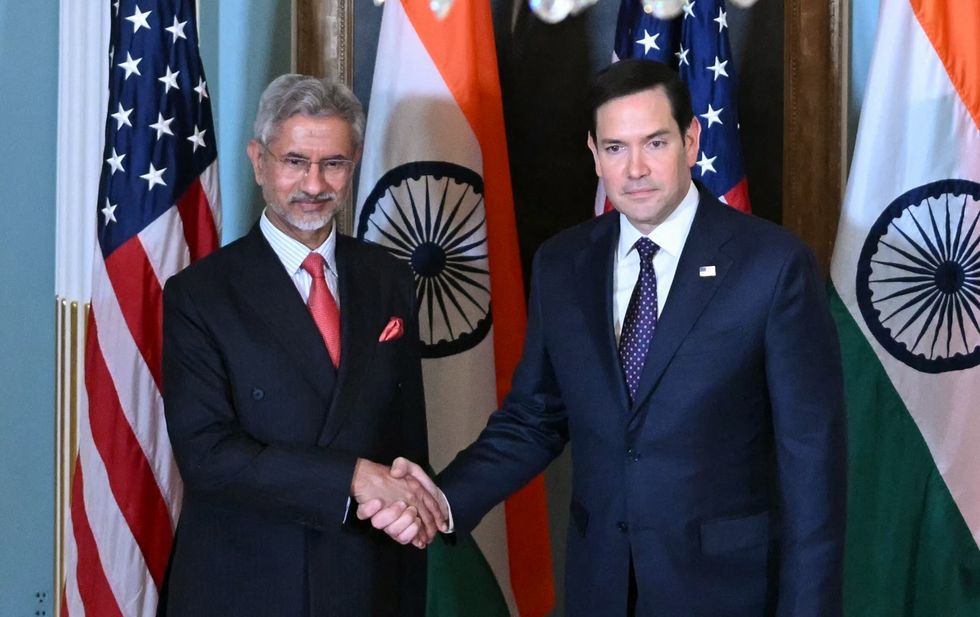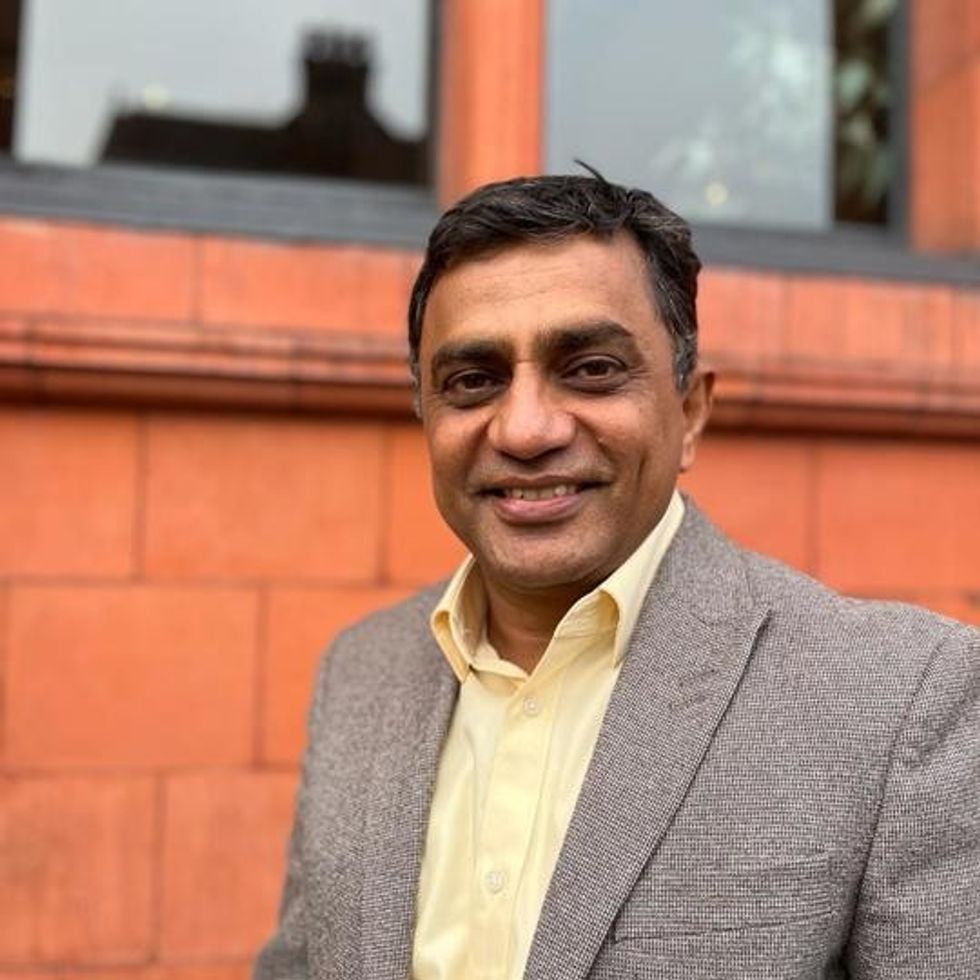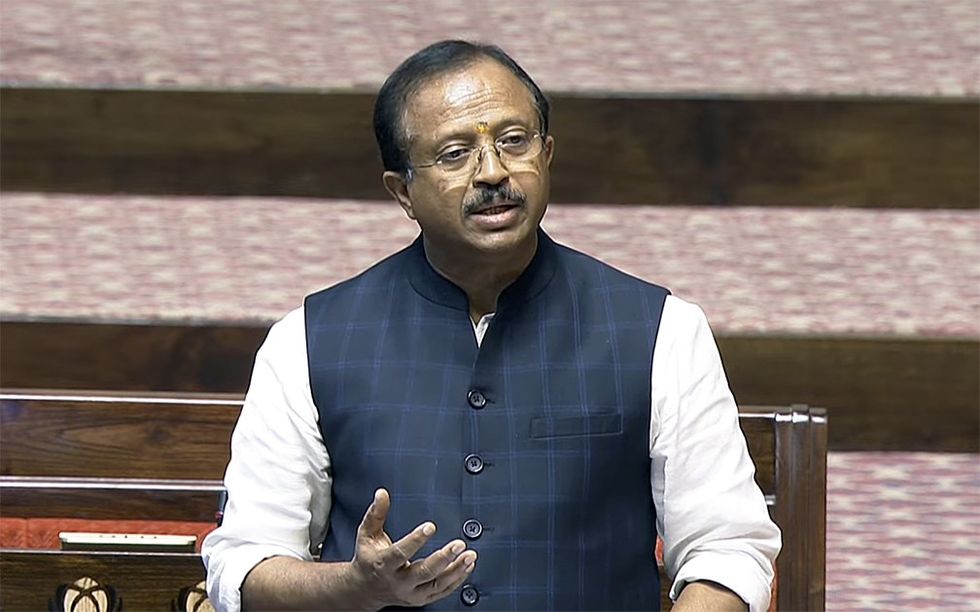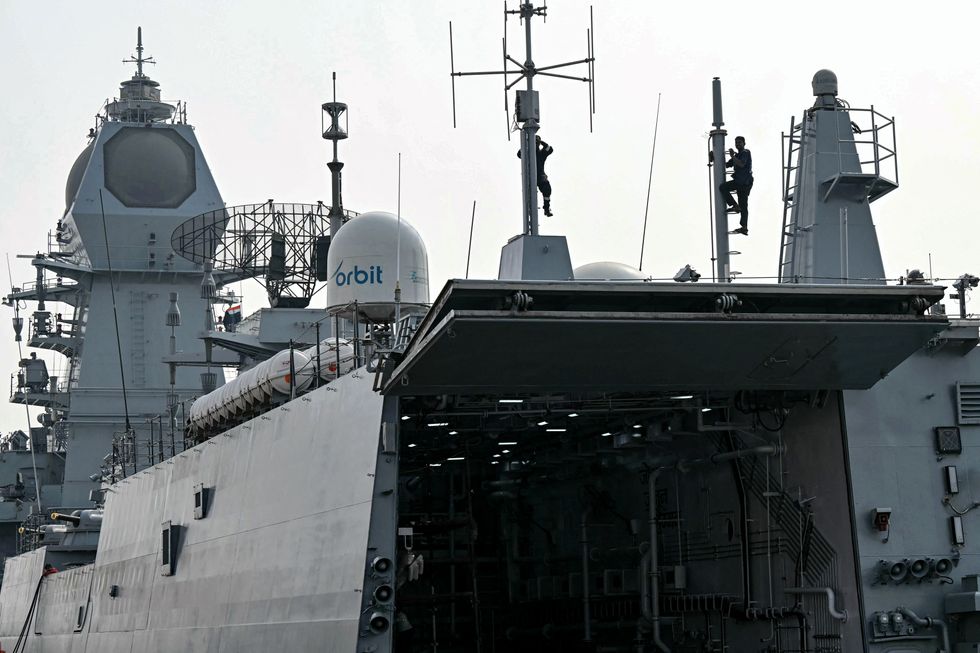Months of planning by a select few sworn to secrecy and then cash-laden trucks on the streets. But this was no bank robbery – rather an audacious plan to issue new notes across India.
There are 1.25 billion people in India but only a handful were aware that on Tuesday night (November 8) prime minister Narendra Modi would announce the shock withdrawal of Rs 500 and Rs 1,000 notes (about £6 and £12 respectively) from circulation.
The assault on “black money”, which stunned the country and saw large queues form outside ATMs and banks, was carefully planned over six months by a coterie of Modi advisors.
The prime minister had become convinced in the spring that he needed a headline-stealing move to underline his determination to check rampant tax evasion and settled on scrapping the two highest denomination bills.
Only finance minister Arun Jaitley, the Reserve Bank of India (RBI) governor and a few close officials were in the know until the very last minute, according to Indian newspaper
reports.
“If secrecy had failed people would have invested most of their cash in hawala [illegal money exchange] rackets, gold or real estate before the announcement, worsening the black money issue,” Paras Savla of Mumbai-based investment management firm KPB & Associates told reporters.
The move is part of Modi’s crackdown on so-called black money financial transactions in which cash is used to avoid tax. After closing for a day banks started reissuing new Rs 500 notes and a new denomination of Rs 2,000 on Thursday.
The Times of India reported that many of Modi’s ministers were only briefed on the plan at a cabinet meeting in New Delhi just before he addressed the nation.
They were then not allowed to leave until he had finished his speech to prevent any leaks, the paper said.
Meanwhile, at a meeting in India’s commercial capital of Mumbai, the RBI was briefing bank heads about the plan.
They had been called to the RBI in the morning to receive a locked currency chest which they were told contained notes of the new Rs 2,000 denomination.
They were under strict instructions not to open the chest or speak about it until later that night, according to the Mint newspaper.
It was when they opened it, as Modi was speaking, that they learned about the new Rs 500 note, the paper added. A spokeswoman for the RBI confirmed that the chests were standard procedure for the issuing of new notes.
RBI chief Urjit Patel has said production of the new notes had been “ramped up” to meet requirements but Pradip Shah, who helped set up India’s HDFC bank, said it would be a “nightmare” getting money to some rural areas.
“A lot of people are going to be inconvenienced,” he said.
With the glare of the world on the US election, Modi chose to deliver his bombshell announcement in a rare address to the nation barely three hours before the order to close banks and ATMs came into force.
Once the queues had trudged away from the millions of ATMs around the country with now precious Rs 100 bills, the task began of refilling the machines with the new currency.
Trucks laden with cash started delivering the notes the length and breadth of a country that stretches from the Himalayas in the north to the far-flung Andaman Islands archipelago in the Bay of Bengal.
Almost 90 per cent of transactions in India are done with cash while Rs 500 and Rs 1,000 currently account for more than 85 per cent of the value of cash in circulation, according to research firm Capital Economics.
Last week, the RBI had ordered banks to issue more Rs 100 notes but no one seemed to have figured out what was in the offing and Modi managed to pull off the boldest stroke of his premiership.

















 US secretary of state Marco Rubio with India’s foreign minister Subrahmanyam Jaishankar in Washington DC last Tuesday (21)
US secretary of state Marco Rubio with India’s foreign minister Subrahmanyam Jaishankar in Washington DC last Tuesday (21) Anit Mukherjee
Anit Mukherjee V Muraleedharan
V Muraleedharan Dr Sasikumar S Sundaram
Dr Sasikumar S Sundaram


 Workers clean communication equipment aboard INS Surat on January 11
Workers clean communication equipment aboard INS Surat on January 11